Alcatraz is known worldwide for being the most secure prison on the face of the earth. It was deemed impossible to escape from since its opening in 1868. Over the years, around 36 inmates had attempted to escape in the past, but none had actually survived the venture. However, this all changed on June 1962, when a group of three men plunged into the Watters of the San Fransisco Bay on their route to escape a prison referred to as, "The Rock". Here's how this seemingly impossible task occurred and here are the three masterminds behind the escape. You'll be surprised to find some facts that were left out by the film based on this occurrence.
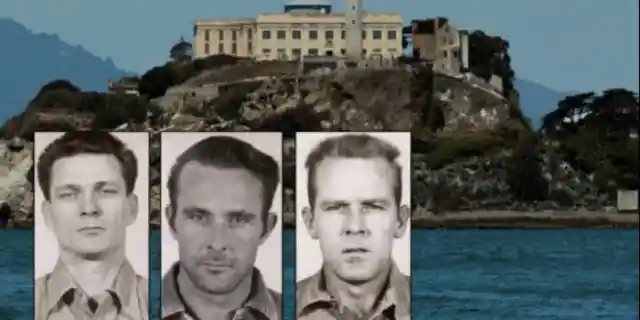
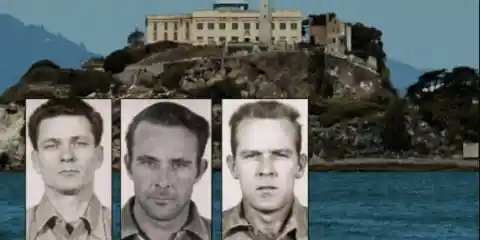
Frank Lee Morris was known as a mastermind. He can only be described as cunning, skilled, and highly intelligent. He was orphaned by the age of 11, and so he jumped from foster home to foster home and learned to be independent and take care of himself. Along with those skills, Morris was also known to be a troublemaker, being convicted of his first crime at the age of 13. It seemed that he had been destined for greatness, but not in the way everyone expected. His name went down in history for being the ringleader of the Great Escape from Alcatraz.
Frank Lee Morris
As an adult, Frank Lee Morris served prison time in multiple states, and he eventually landed in the Louisiana State Penitentiary, known as "Alcatraz of the South." Although the name sounds daunting, it seems that Morris wasn't frightened of this nickname in the least, in fact, Morris had something quite impressive in store for them.
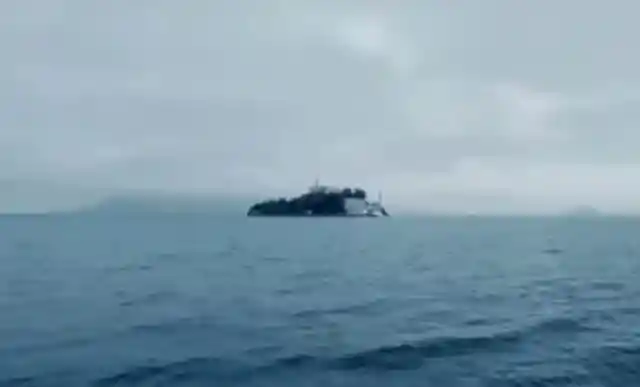
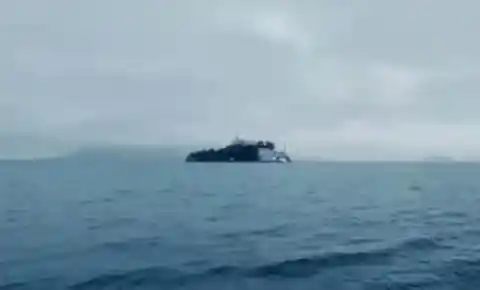
Frank Lee Morris was serving 10 years in prison for bank robbery and then did the unimaginable, he managed to escape! Morris was on the run for a year until he was caught while committing robbery.....again. It was decided that the crook would be sent to a prison with higher security, Alcatraz.
With any good escape or plan, you need a team. While in Alcatraz, Frank Lee Morris found a team. The team consisted of two brothers named John and Clarence Anglin, and a man known as Allen West.
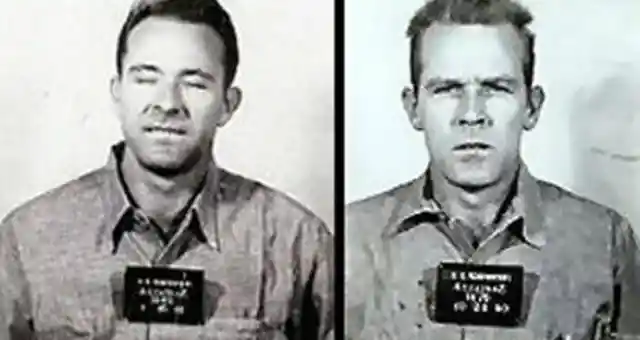
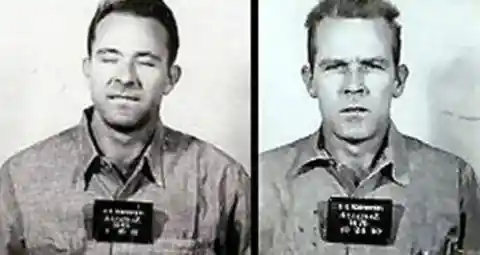
The brothers had been born in Georgia and their family had moved to Florida for work. The parents of the brothers were seasonal farm workers, going wherever they were needed. Every June, the entire family made up of 13 children would go north for cherry picking.
John and Clarence Anglin were described to be "thick as thieves" while growing up, and even more so as they got older. Their family would go north for the cherry-picking season, occasionally going as far north as Michigan.
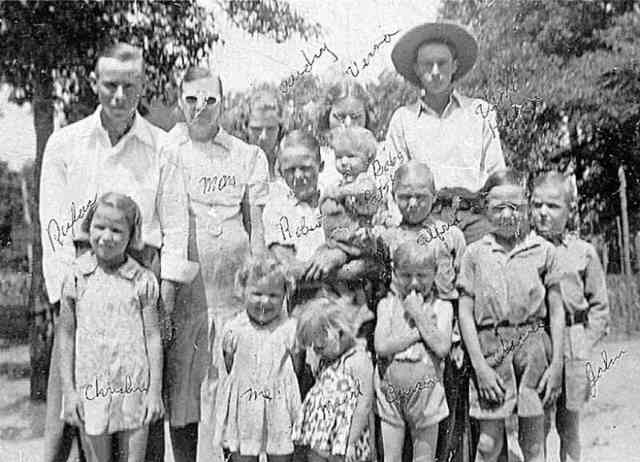
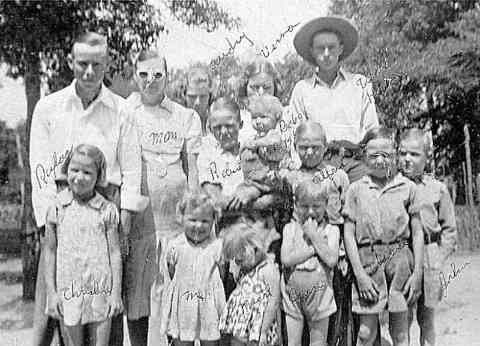
It was during these times that the brothers would swim in the waters of Lake Michigan and were described to be very skilled swimmers. Looks like this skill would certainly come in handy for the duo. As adults, they began robbing banks together until they were finally caught and arrested for robbery in 1956.
During their time at Atlanta Penitentiary, the Anglin brothers tried to escape prison numerous times, resulting in them being sent to Alcatraz. It was there that they met Frank Lee Morris, described as the mastermind behind the group.
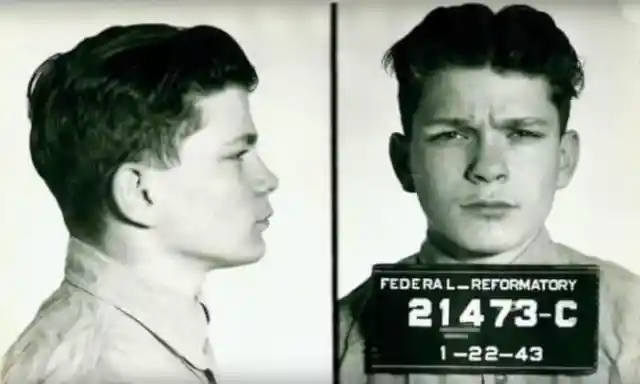
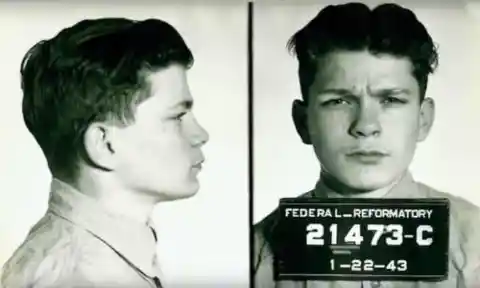
Together, along with another inmate named Allen West, the group of four had amassed a lot of experience in escaping prison. It was from there that they began hatching a plan to pull off the impossible feat of escaping from "The Rock."
The escape plan was simple, but the means to do it seemed impossible and it required the coordination of an entire team to pull off. It wasn't the first time prisoners had attempted to escape from Alcatraz before, but this would be different.
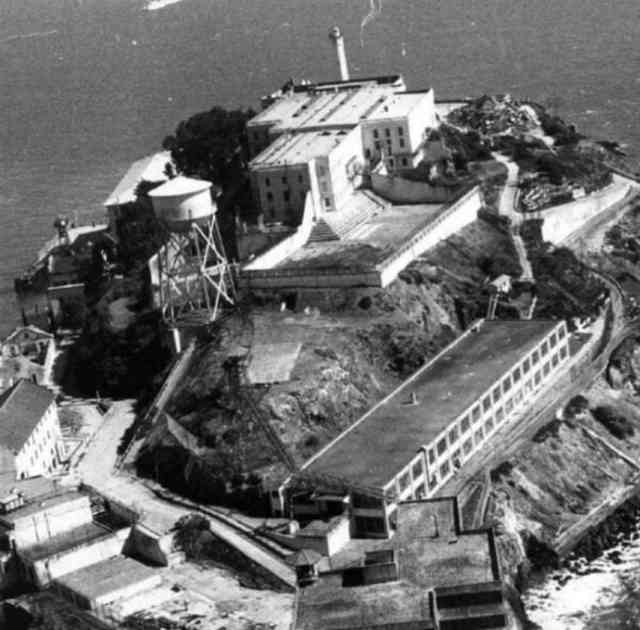
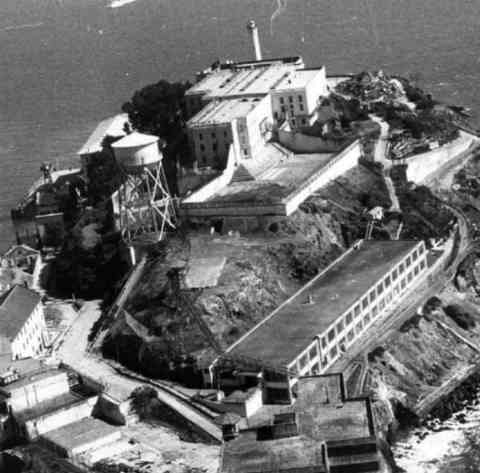
None of the other inmates had successfully pulled off the plans, and out of the dozens that attempted to escape, 23 were caught, six were shot, two drowned and another two are listed as "missing or presumed drowned."
All four of the members of the group had served time at the Atlanta Penitentiary, so it might be possible that all of them knew each other from there. It is known that John and Clarence Anglin knew Frank Lee Morris from Atlanta.
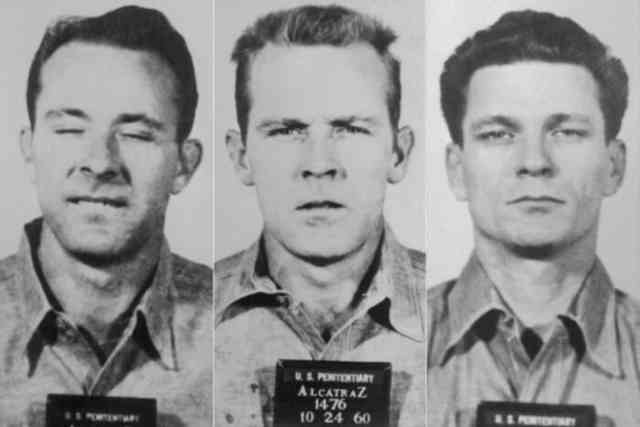
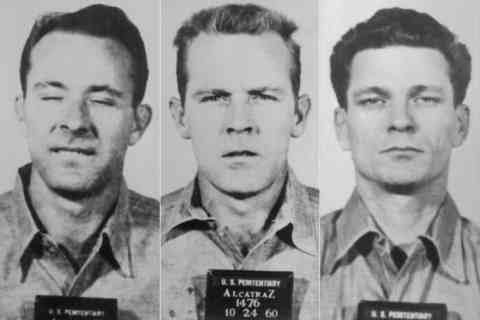
The four men had cells right near each other during their time in Alcatraz, and they had plenty of time to devise a master plan to get out of Dodge. The plan would take all the courage the members could muster along with any resource they could get their hands on.
Luckily enough, Alcatraz wasn't just a prison, it was a factory as well. The inmates worked and so there was a substantial amount of resources around. The prison served the US military to make furniture, clothes, and shoes.
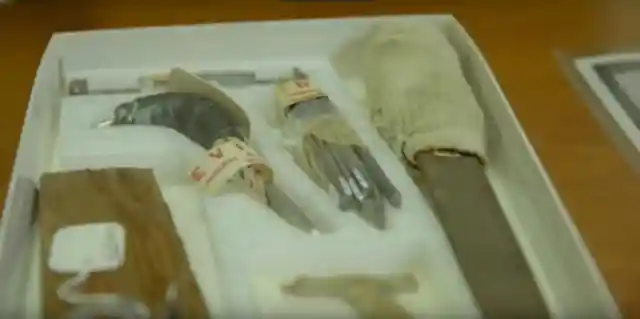
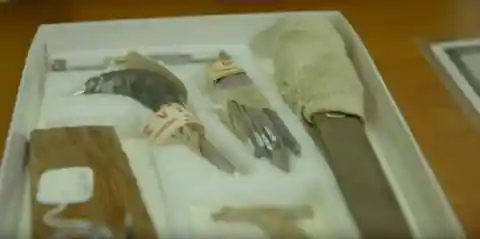
The group of four was also lucky because they were among the very few criminals in Alcatraz that were incarcerated for non-violent crimes. This meant that they were a bit more under the radar and the prison guards didn't pay much attention to them.
The gang began to put their plan into action. The plan was extremely complex and even ingenious. Not only were they going to escape and do the impossible, they were also going to leave behind human-like dummies.
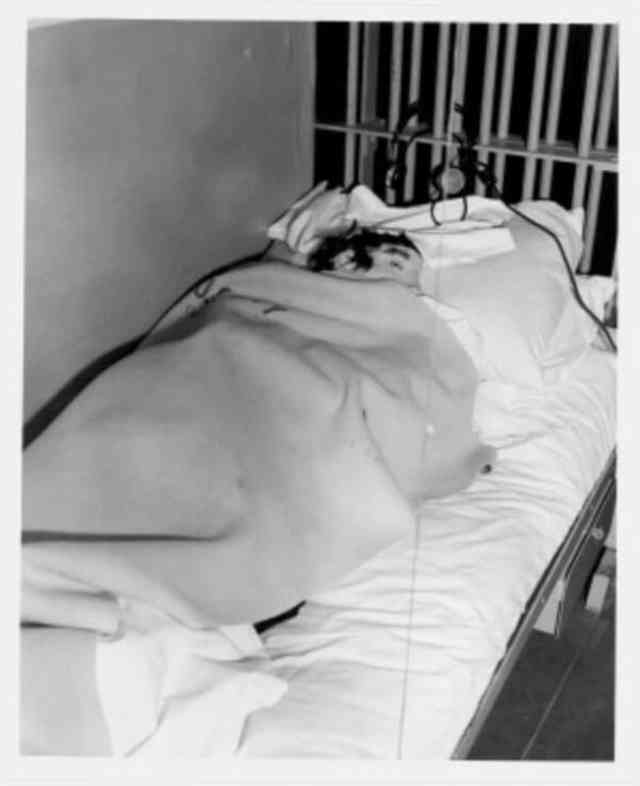
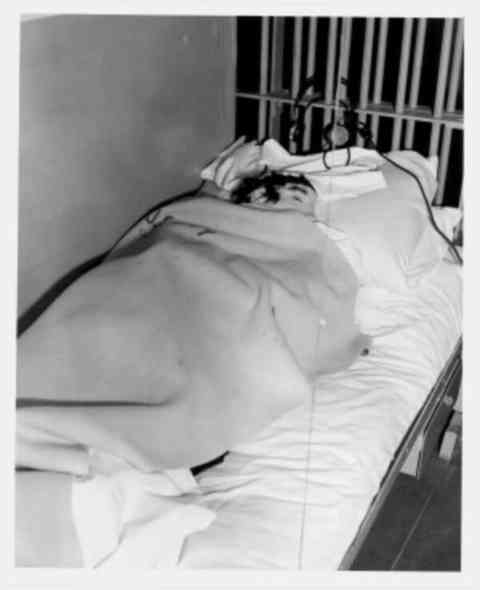
They would also have to think of a way to get off the island once they were out of the prison and avoid any guards. Any attempt to escape would be met with bullets.
The team members were all in charge of their own responsibilities. The Anglin brothers were in charge of making dummy heads to leave behind in the gang's empty beds.
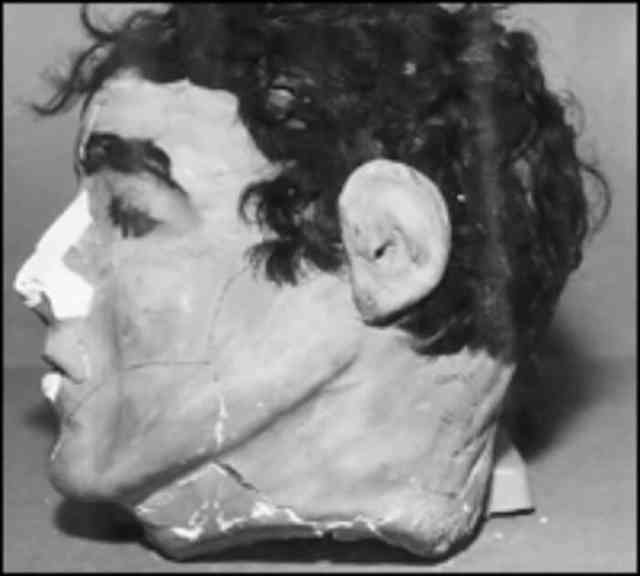
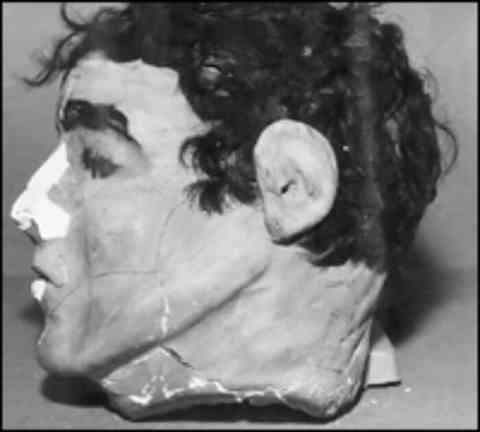
They created these heads out of soap wax, toilet paper, and real human hair that was stolen from the barber shop in Alcatraz. Morris was in charge of creating an accordion-like-vessel to inflate the raft and life vests.
The team had to make tools to dig out of their cells and unscrew the bolts on the vents. They were able to make picks and wrenches out of items such as spoons from the cafeteria and wood from the workshop.
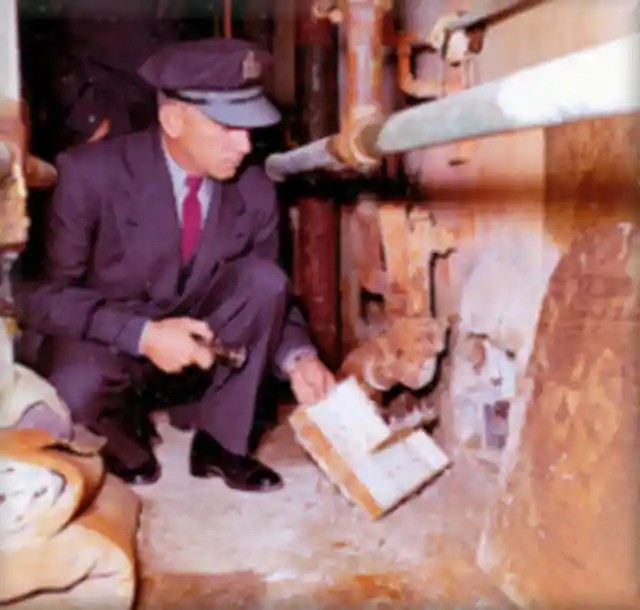
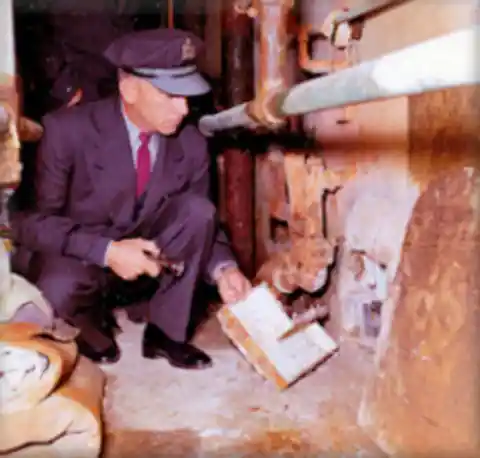
From 5:30 PM until 9 PM every day they would work at chipping away holes large enough to crawl through. They took out the vents in their cells and then used the picks to chisel the holes larger.
Luckily for the gang, the prison was already old and crumbling in many ways. Saltwater ran through the pipes for showering and washing dishes which ended up destroying the pipes and leaked into the prison walls.
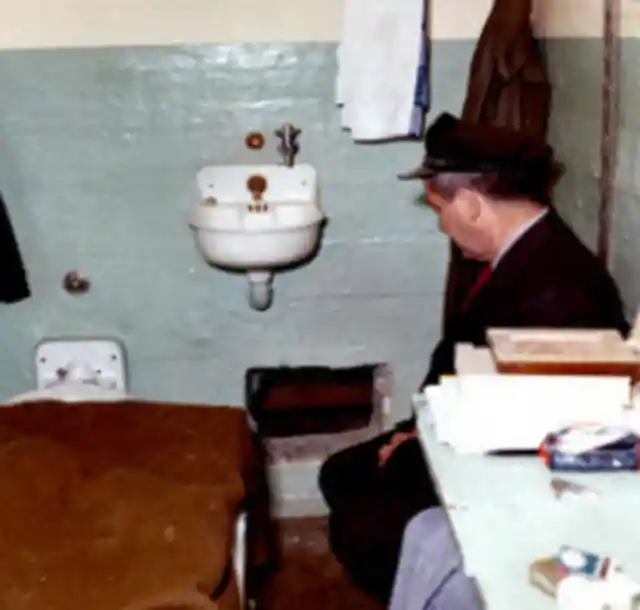
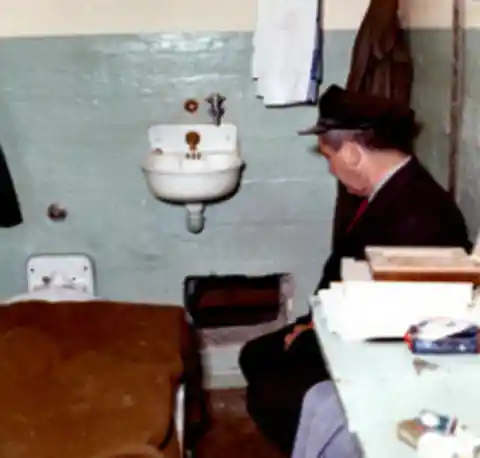
Over time, the salt water eroded the cement, making it crumble. The water was also a bit warm so that the prisoners wouldn't get used to the freezing water like the kind in the San Francisco Bay.
Morris would play the accordion when possible and the noise was enough to cover up the sound of chipping away at cement.
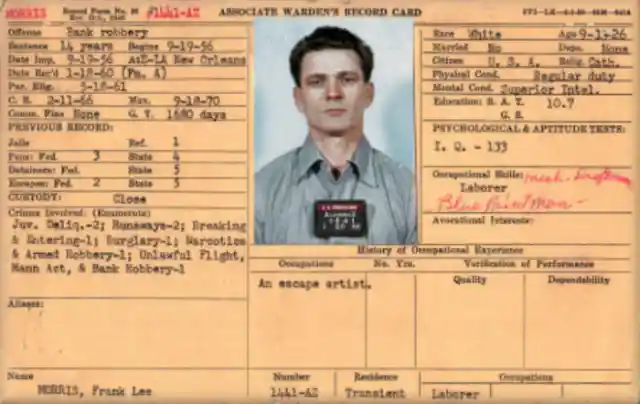
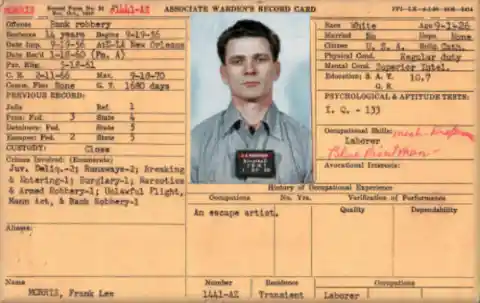
Behind the cells, was an unguarded utility corridor with pipes running up and down.
The utility corridor can basically be described as an unguarded jungle gym. If they could get their cells wide enough, they would be able to climb up three floors to the roof.
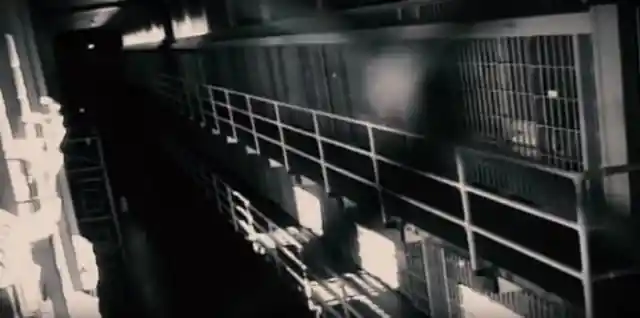
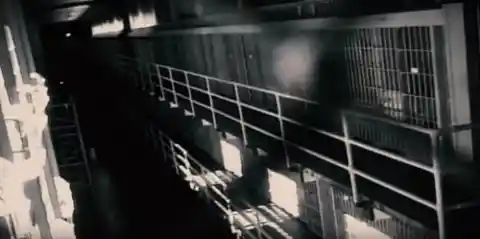
Once they get to the top, they would have to get one of the large shafts open to get onto the roof. They found that many of the shafts were cemented shut, but they eventually were able to get one open using their wrench.
By the time May of 1962 came around, both of the Anglin brothers and Morris had broken through the walls in their cells. The holes were big enough for them to squeeze their bodies through, which was all they needed.
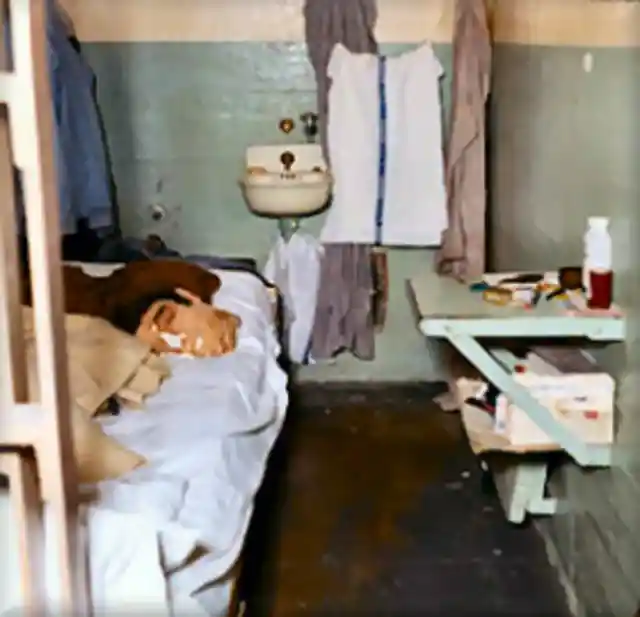
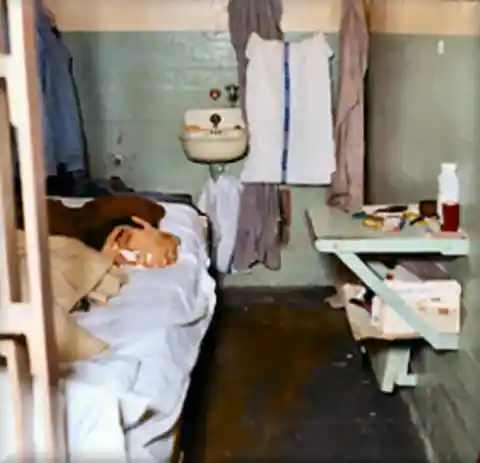
They made a raft and life vests by gluing and stitching raincoats together. They used over 50 raincoats to create the items, which were absolutely necessary.
Since everything was ready, all they needed to wait for was Allen West to finish his escape hole and the entire gang would be ready to go at any moment.


However, when the signal came, the plan didn't exactly work out as they thought. On June 11th, 1962, Allen West gave the signal to the other members that he had dug his hole large enough to make through.
After lights out that same day, the gang set their plan to escape into action. There was concern whether any of them would make it out alive.
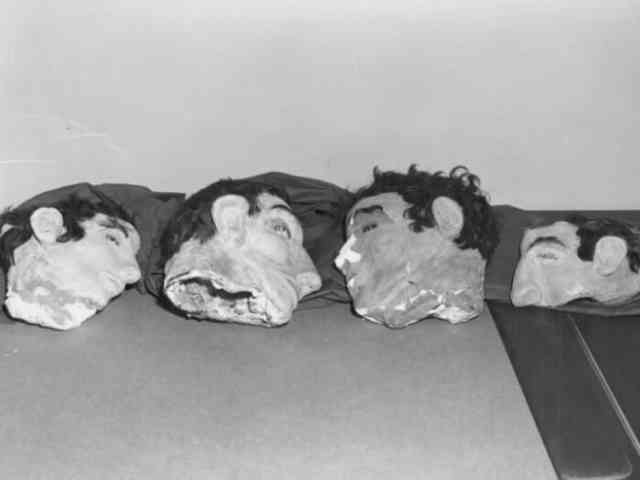
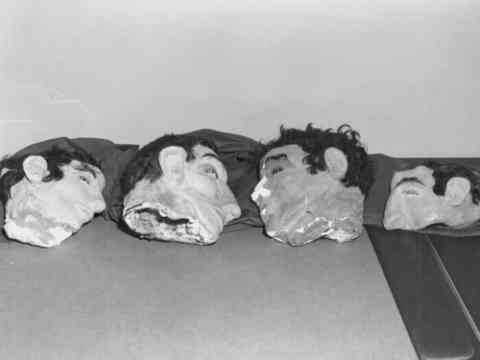
They were prepared to do anything to get out, even if it meant risking their lives. After the light went out that night, they moved their decoys and get out of their cells.
Although the Anglin brothers and Morris got out of their cells easily, it seemed that Allen West was having some difficulty. Although he informed the group that his hole was big enough to get out, he seemed to misjudge the size and ease of making the hole bigger.
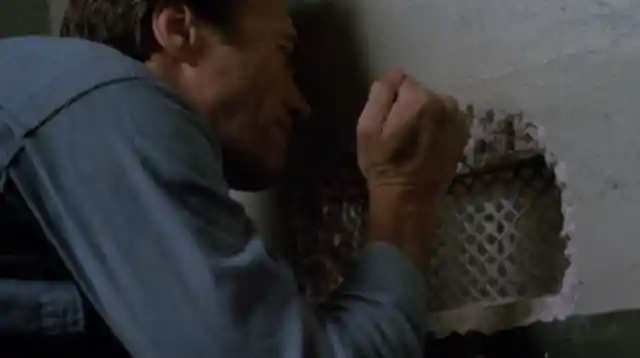
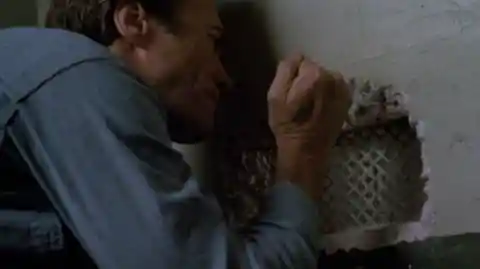
Although Frank Lee Morris tried to help West, the cement didn't seem to budge. At 9:30 PM, orris asked for West to pass him a glass of water. They then came to the conclusion that West had to be left behind.
Although leaving a member behind was not an easy decision, the group wasn't left with many options. They couldn't make too much noise trying to widen the hole in West's cell, because it would have drawn the attention of the guards.
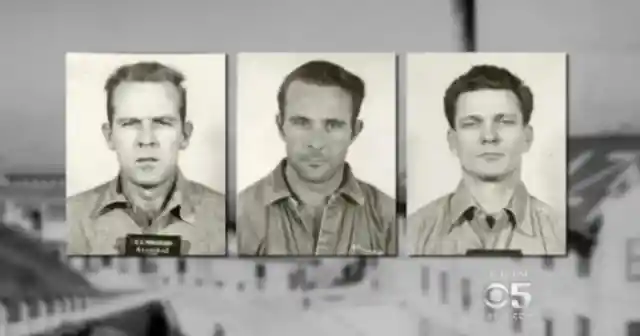
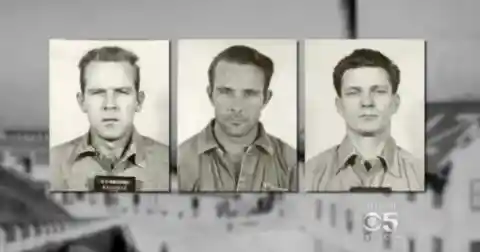
It also might've helped since with one less person, the raft would've been significantly lighter. The group of three men then started their climb up 30 feet of plumbing in the utility corridor.
The three made it to the cell house roof rather easily and they continued to cross at least 100 feet of rooftop and then started their descent. The three climbed down 50 feet of piping on the side of the building to the ground.
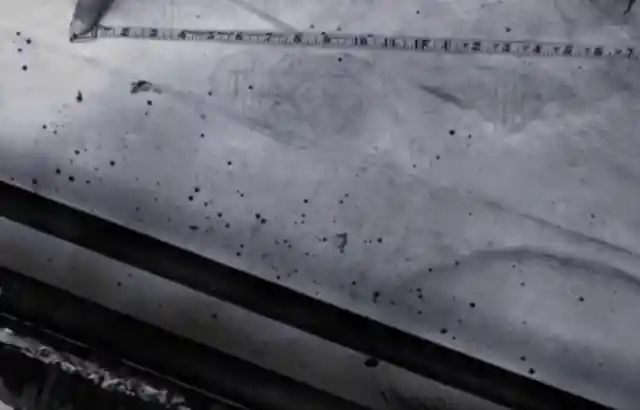
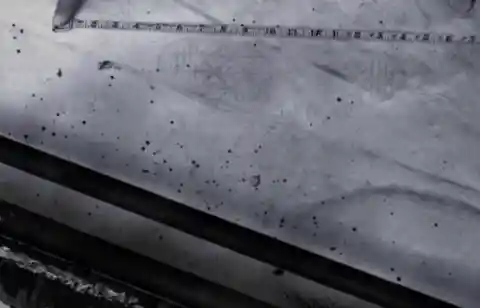
They landed on the ground close to the shower area and were able to sneak past the guards. They managed to outsmart the guards and made their way to shore where they stopped to inflate their raft and vests.
This was the last time anyone ever saw Frank Lee Morris, John or Clarence Anglin again.
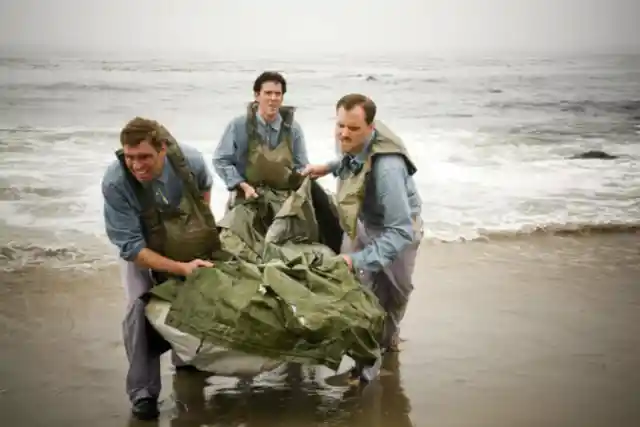
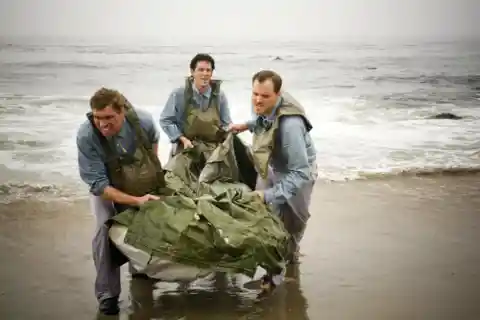
They set off on their raft at 11:30 at night and weren't discovered to be missing until the next morning. The next morning, the residents of Alcatraz were woken up by blaring sirens, and many of them were confused.
Allen West had been left behind, but he hadn't given up. He continued to work on getting the hole in his cell large enough to squeeze through, and once he did he went on to follow the other three.
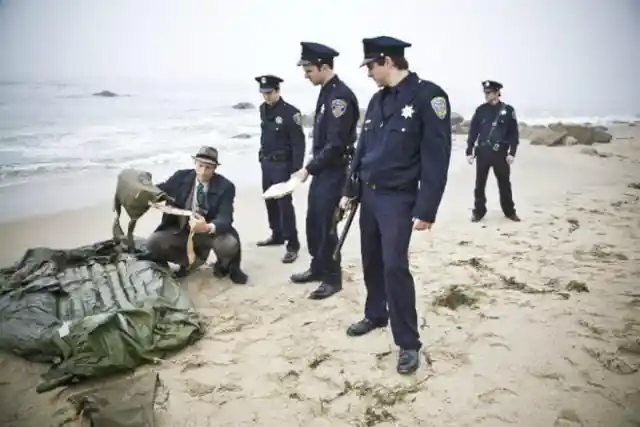
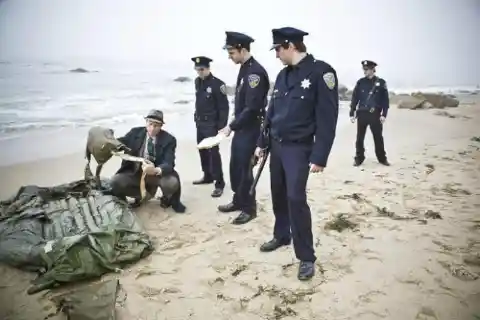
He climbed to the rooftop but when he got there, the others had already left. He had a decision whether to swim to safety, which could kill him, or go back to his cell.
Allen West returned to his cell and waited until the morning. West cooperated with the authorities and told them everything that had happened.
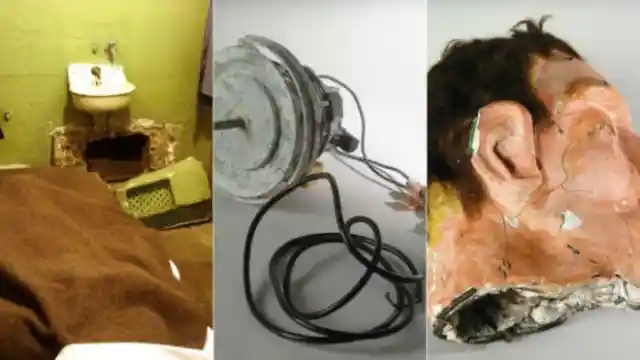

According to him, the others were headed to Angel Island and once there they planned on stealing a car, some clothes and then separating.
The issue with this statement was that no such car robbery had been reported in the area. They figured the three had either landed somewhere else, or Morris and the brothers never made it.
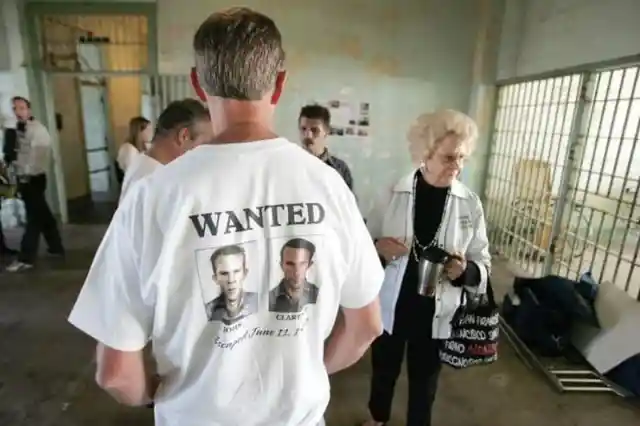
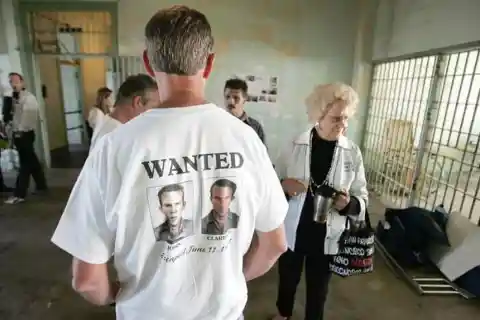
West also told authorities that the whole scheme had been his idea and that he was the mastermind behind the escape. The FBI was called in and a formal investigation was opened up.
After searching the waters, no bodies were ever found, although personal belongings were found floating in the waters the next day.
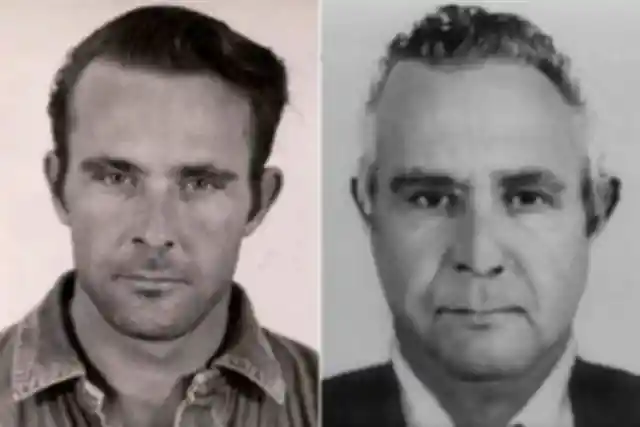
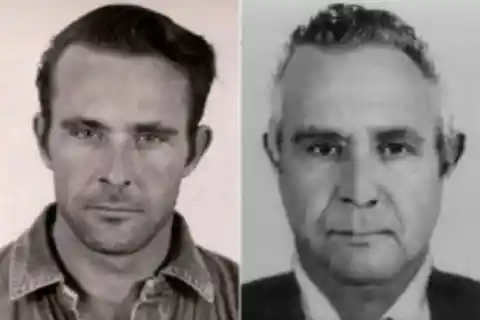
The temperature of the waters during the night got to be 50 to 54 degrees. Experts say that a human male could have survived around 20 minutes in the cold waters before body functions would begin to deteriorate.
The FBI investigation closed in 1979, 17 years after the escape. The results were that the inmates likely drowned in the in the San Francisco Bay.
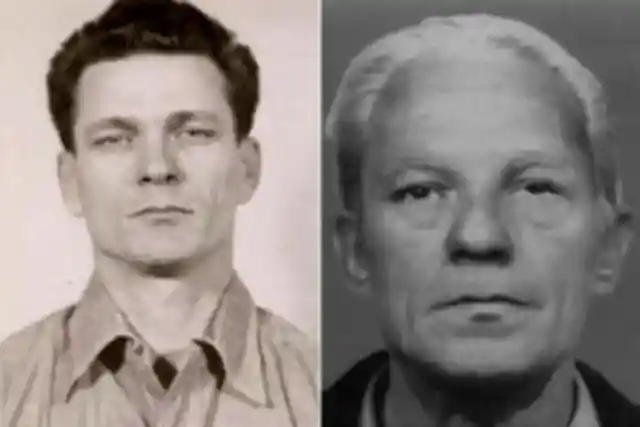
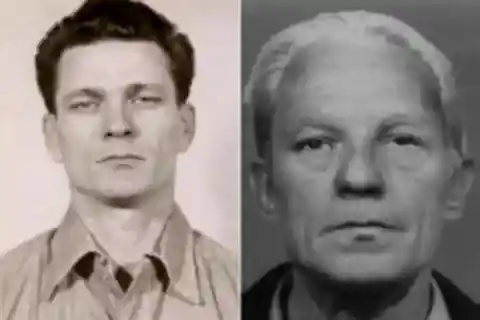
Back in 2009, the Deputy US Marshal told NPR that, "there's an active warrant, and the Marshals Service doesn't give up looking for people." Luckily enough, there was more to be heard from the people who managed to escape Alcatraz.
About a month after the escape, a Norwegian freighter reported seeing a body 17 miles from the famous Golden Gate Bridge. It was said that the body had been wearing similar clothing to that of an Alcatraz prisoner.
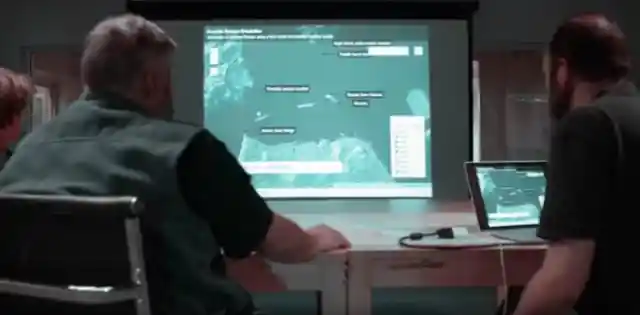
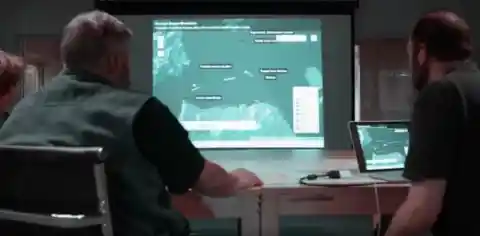
Unfortunately, the report was filed late and the body was never found. In 2014, researchers began to calculate that if they had left at midnight that night, the water currents would've actually worked in their favor, and they probably survived.
In 2015, the History Channel created a documentary that presented audiences with more evidence that the brothers had successfully escaped.


The family had received signed Christmas cards and the handwriting was confirmed to belong to the Anglin brothers. However, the date of delivery could not be determined. the Anglin family also had a photograph of the two brothers taken I Brazil in 1975. When forensic experts analyzed the photo, they concluded that it was likely the brothers.
Another piece of evidence about the escape was a deathbed confession by one of the Anglin siblings, Robert.
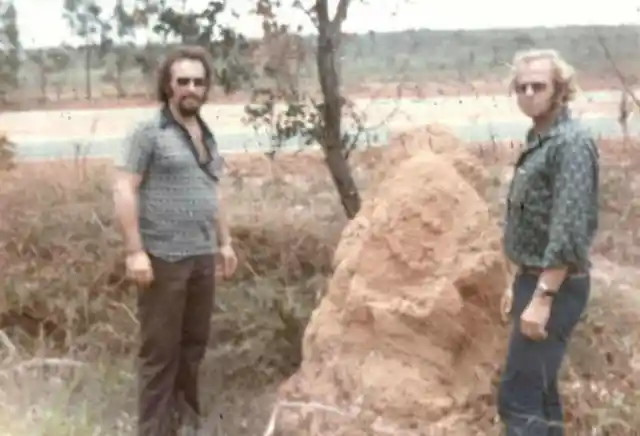
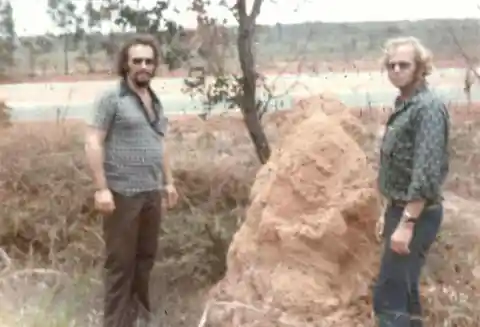
He confessed that he had been in contact with his two brothers from 1963 to 1987, but eventually lost contact with them. Members of the Anglin family have not tried to search for their missing siblings in Brazil because the case still remains an open investigation. If they were found, the punishment would be very severe.
To this day, it's uncertain whether Frank Lee Morris, John Anglin, and Clarence Anglin survived the escape from Alcatraz but many seem to believe it is possible. In January 2018, the FBI was forced to reopen the investigation after the San Francisco Police Department received a letter.
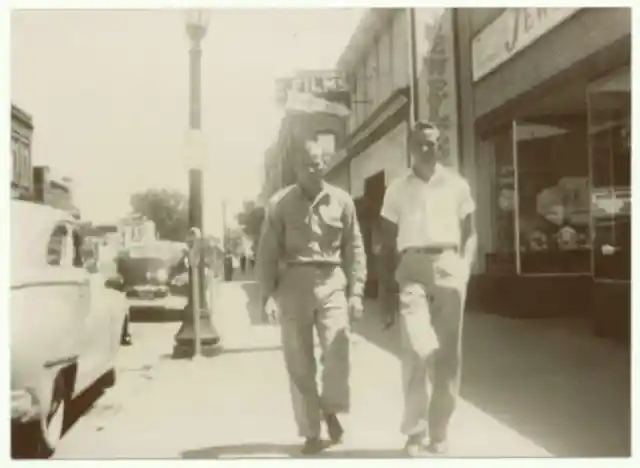
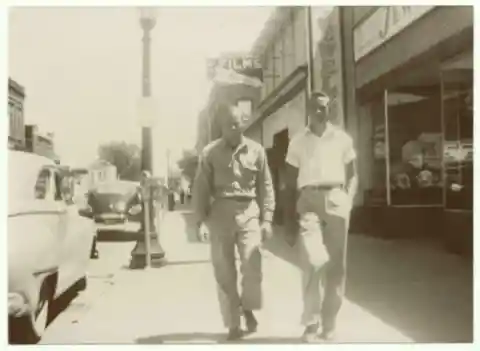
The letter said, "My name is John Anglin. I escaped from Alcatraz in June 1962 with my brother Clarence and Frank Morris. I’m 83 years old and in bad shape. I have cancer. Yes, we all made it that night but barely!